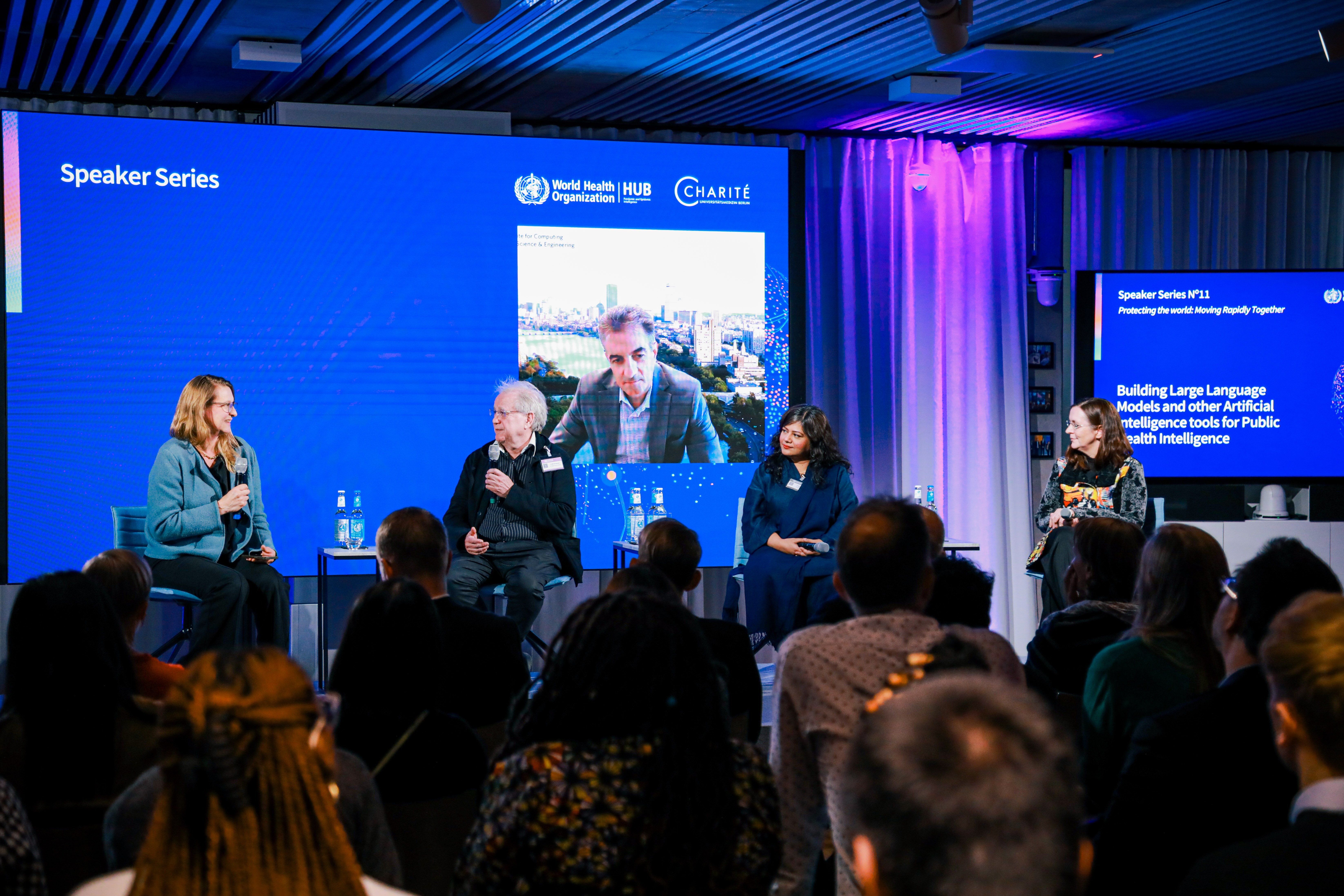
The WHO Hub for Pandemic and Epidemic Intelligence and the Charité Center for Global Health cordially invite you to join us in person or online for the next session of our Speaker Series "Protecting the World: Moving Rapidly Together" on 2 October 2025, 6:30 to 8:00 pm (CET)
Speaker Series N°11 – Building Large Language Models and other Artificial Intelligence tools for Public Health Intelligence
- Time: 2 October 2025, 6:30 pm to 8:00 pm (Central European Time)
(Kindly note that on-site registration opens at 6:00 pm, and please arrive by 6:15 pm.) - Location: WHO Hub for Pandemic and Epidemic Intelligence, Prinzessinnenstraße 17/18, 10969 Berlin & Digital via WHO YouTube Channel
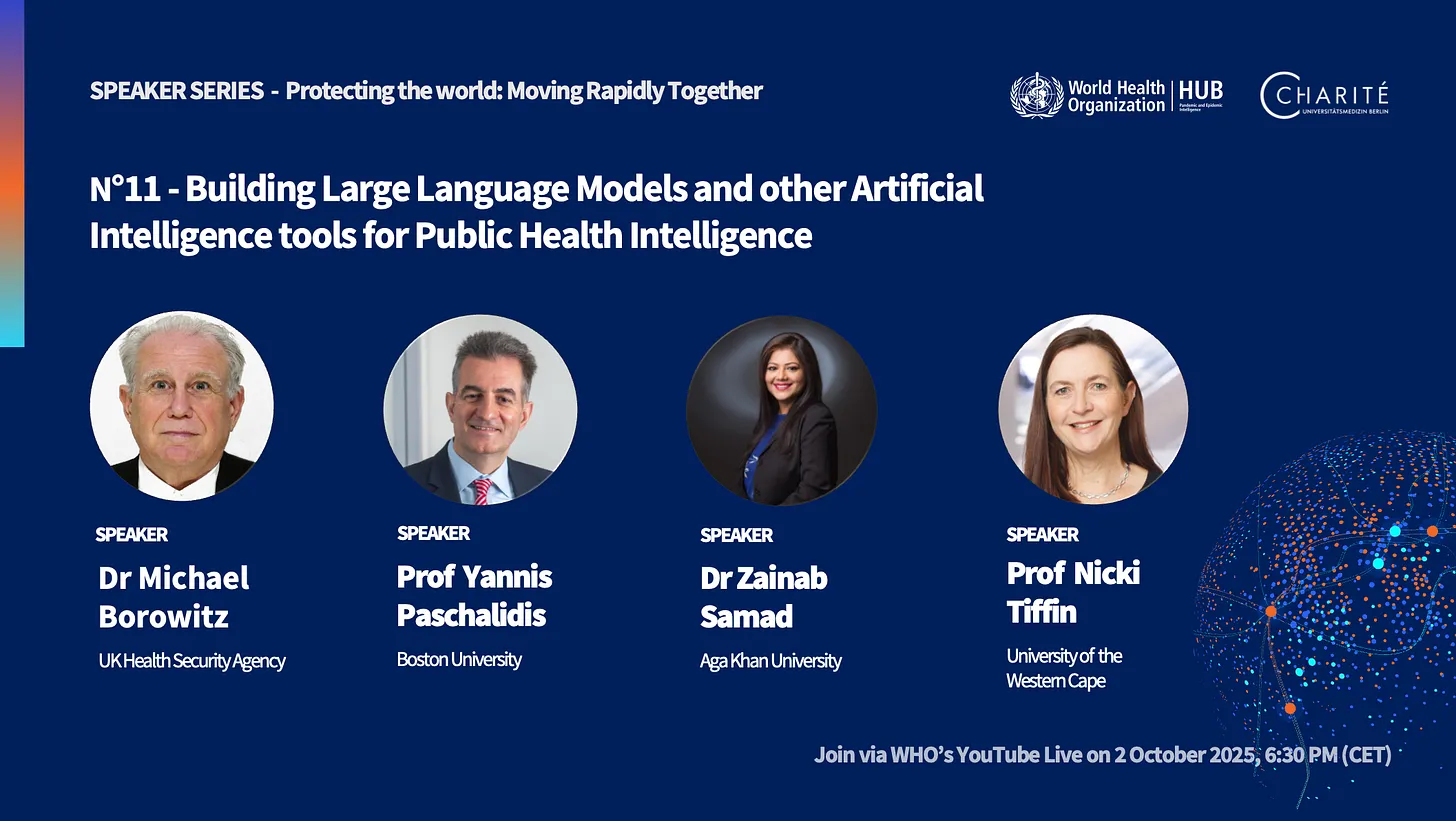
(Please contact pandemichub@who.int in case you run into technical difficulties registering or have questions.)
Participants can join the event either in person in Berlin or online via WHO YouTube Livestream.
Due to space limitation in the event venue, on-site registration is on a first come, first served basis. You are encouraged to register for the event at your earliest convenience.
We look forward to rich and engaging conversations with you!
Sepaker introduction
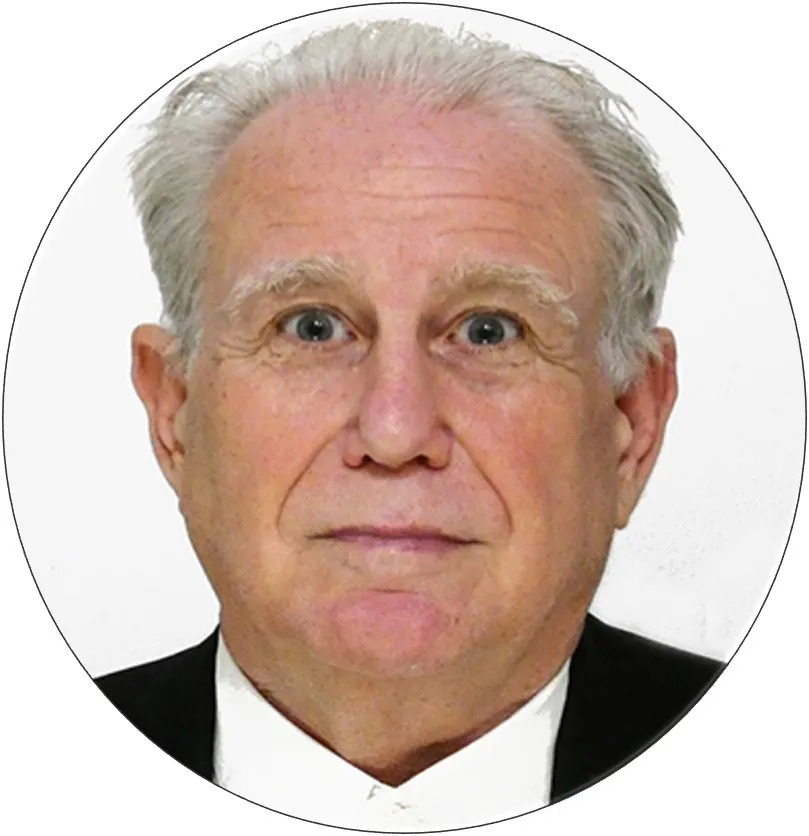
Dr Michael Borowitz | Keynote Speaker
Chief Economist and the Deputy Director for Advanced Analytics, United Kingdom Health Security Agency (UKHSA)
Michael Borowitz is the chief economist of UKHSA and the Deputy Director for Advanced Analytics with teams in health economics, infectious disease modelling, and Artificial Intelligence.
He is currently leading work on economic evaluation of AI for public health use cases. Michael is a health economist with a doctorate from the University of Chicago, but also a medical doctor with training in infectious disease and tropical medicine.
Before UKHSA, he worked for a decade as chief economist of the Global Fund for the fight against AIDS, Tuberculosis, and Malaria. He also worked at the World Bank on Indonesia and China and ran a USAID health reform project in post-soviet Central Asia based in Almaty, Kazakhstan from 1994-1999.
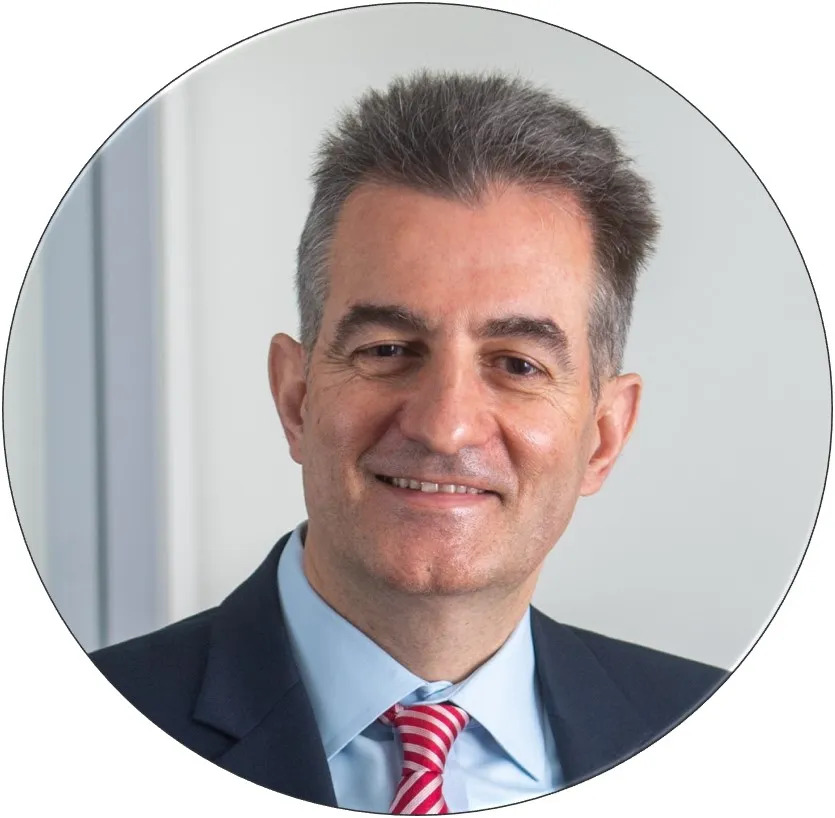
Prof Yannis Paschalidis | Keynote Speaker
Distinguished Professor of Engineering, Founding Professor of Computing & Data Sciences, Director of the Hariri Institute for Computing, Boston University
Yannis Paschalidis is a Distinguished Professor of Engineering, Founding Professor of Computing & Data Sciences, and Director of the Hariri Institute for Computing at Boston University. He is the AI lead on the Biothreats Emergence Analysis and Communications Networks (BEACON) – a disease outbreak reporting system.
He obtained a Ph.D. (1996) from the Massachusetts Institute of Technology (MIT) in Electrical Engineering and Computer Science. His research interests lie in the fields of robust learning, optimization, autonomy, computational medicine, and computational biology. He has published a monograph and more than 300 refereed papers and he has advised 39 Ph.D. theses. His work has been recognized with a CAREER award from the National Science Foundation, several best paper awards, and an IBM/IEEE Smarter Planet Challenge Award. He was an invited participant and speaker at several National Academies symposia. He is a Fellow of IEEE, IFAC, the Asia-Pacific Artificial Intelligence Association, and a distinguished member of the IEEE Control Systems Society.

Dr Zainab Samad | Keynote Speaker
Chair, Department of Medicine, Aga Khan University (AKU)
Dr. Zainab Samad, MBBS, MHS, is a cardiologist and the Ibn-e-Sina Endowed Professor of Medicine at Aga Khan University in Karachi, Pakistan, where she serves as Chair of the Department of Medicine. She graduated from AKU Medical College in 2000 and completed her residency in internal medicine, cardiology fellowship, and Master's in Clinical Research at Duke University, where she later served on faculty from 2009 to 2018.
Renowned for her expertise in cardiovascular epidemiology, outcomes research, and leveraging data for public health advancements, Dr. Samad co directs the NIHR Global Health Center for IMPACT and the Aga Khan University’s Health Data Science Center in Karachi. Her work emphasizes gender-inclusive capacity building to enhance cardiovascular health in resource-limited settings, including innovative uses of artificial intelligence and data analytics in public health intelligence. She is an editorial board member for the Journal of the Asian Pacific Society of Cardiology and the American Heart Journal. She has received numerous awards for mentorship and education. As a global health advocate, Dr. Samad is committed to harnessing AI-driven insights to address disease burdens and empower women in medicine.
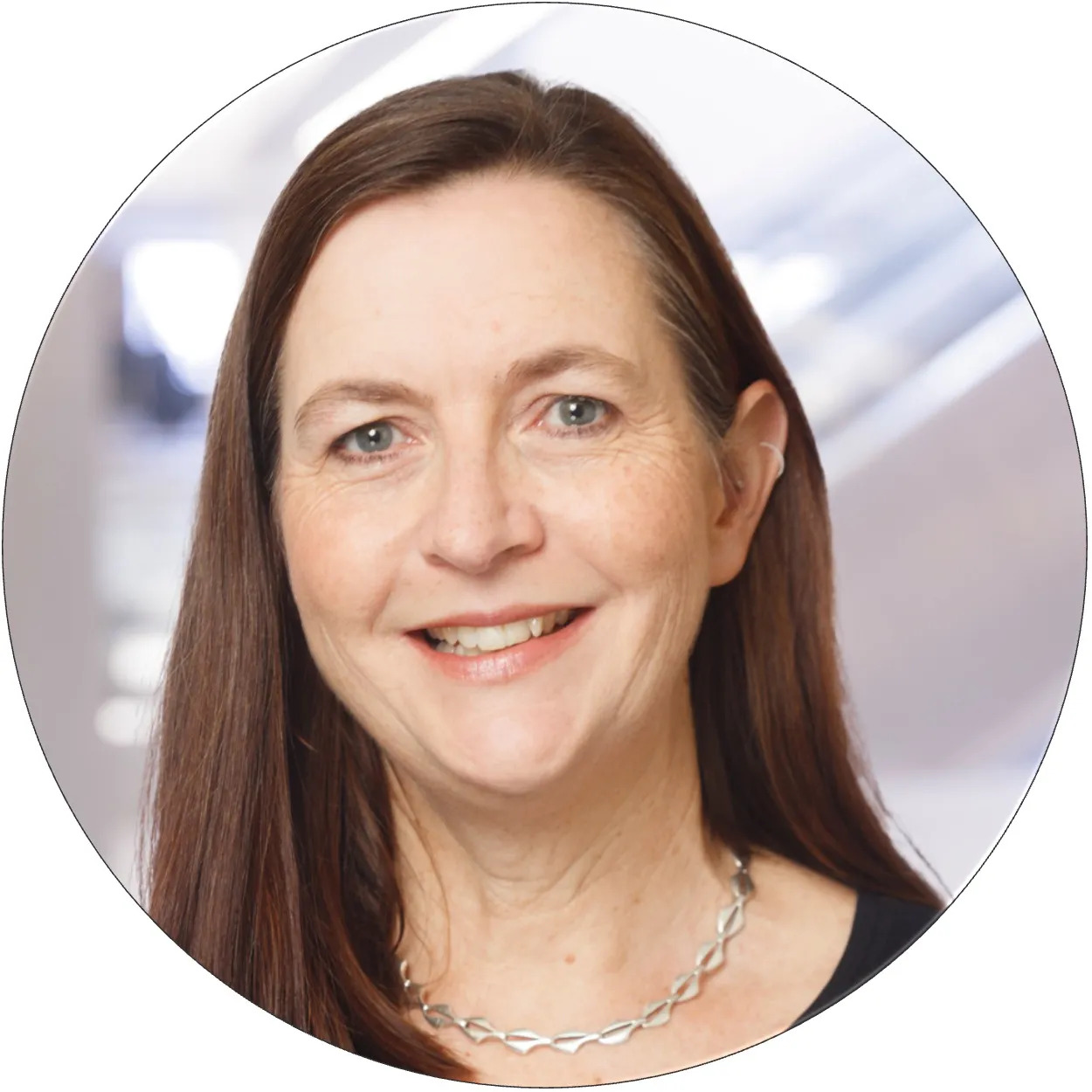
Prof Nicki Tiffin | Keynote Speaker
Deputy Director, South African National Bioinformatics Institute, University of the Western Cape
Professor Nicki Tiffin works at the South African National Bioinformatics Institute at the University of the Western Cape, South Africa, leading a research group that explores the intersection of data from health genomics, health informatics and epidemiology and how they might be harnessed in equitable and ethical ways to better understand disease in Africa.
She is active in several international consortia, and also collaborates with the Western Cape Health Service. In 2021 she was awarded a Calestous Juma Science Leadership Fellowship by the Bill & Melinda Gates Foundation, which supported development of the African Data and Biospecimen Exchange – a platform for ethical and equitable sharing of data and biospecimens originating in Africa.
She is in Berlin as an inaugural fellow of the Charité Center for Global Health and WHO-Hub fellowship programme.
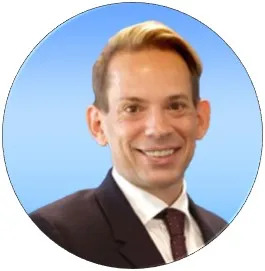
Mr Paul Zubeil | Opening Remarks
Deputy Director-General for European and International Health Politics, German Federal Ministry of Health
Paul Zubeil is Deputy Director-General for European and International Health Politics at the German Federal Ministry of Health, where he leads Germany’s engagement in both EU health politics and multilateral health cooperation.
He advances strategic efforts to strengthen multilateral health governance, reinforce pandemic preparedness, and support the transformation of the global health architecture. With over two decades of experience in international public service, including senior roles at the United Nations, he has worked across regions to support resilient health systems, improve access to essential services, and respond to cross-border health threats. He leads the design and implementation of Germany’s international health strategies, including cooperation with WHO, UNAIDS, the EU and the G7/G20 health tracks. As Germany’s representative in the High-Level Panel (HLP) of UNAIDS, he contributes to forward-looking discussions on the institutional future of the Joint Programme and the evolving dynamics of multilateral cooperation. His work is grounded in the conviction that UN reform and inclusive leadership, both globally and regionally, are essential to a resilient, equitable, and more effective international health system.
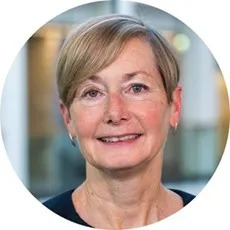
Prof Dr Beate Kampmann | Welcome Remarks
Scientific Director of the Charité Center for Global Health
Beate Kampmann, holds a W3 Professorship in Global Health at Charité – Universitätsmedizin Berlin, where she leads the Charité Center for Global Health since 2023.
She is also Professor of Paediatric Infection & Immunity at the London School of Hygiene and Tropical Medicine. She directed the vaccine research at the MRC Unit in The Gambia for over 10 years and has led research groups at Imperial College and LSHTM prior to relocating to Berlin.
As a clinician-scientist in paediatric infectious diseases, she studied medicine in Cologne and completed advanced training in paediatric infectious diseases with membership at the Royal College of Physicians in London. Her research career includes fellowships and leadership roles supported by the Wellcome Trust and UKRI, with work spanning the UK, the US, France, South Africa, and The Gambia.
Prof Kampmann has contributed extensively to paediatric infection, immunity, and maternal immunization research with over 300 publications. She continues to direct the IMPRINT network for maternal and infant immunization. Beate is a Fellow of the Academy of Medical Sciences, the Royal College of Paediatrics & Child Health and the West African College of Physicians.
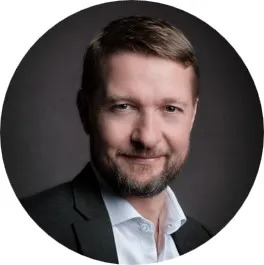
Dr Oliver Morgan | Welcome Remarks
Head of Office, WHO Hub for Pandemic and Epidemic Intelligence
Dr. Oliver Morgan is the Head of the WHO Hub for Pandemic and Epidemic Intelligence in Berlin, Germany – a global initiative to improve the detection of pandemic and epidemic risks through better data, better analytics, and better decisions.
Dr. Morgan conceptualized the WHO Pandemic Hub in 2021 and led the start-up team through to its official launch in September of that year. Since then, he has overseen the development of global public health intelligence initiatives, advanced analytic approaches for understanding health risks, and led efforts to strengthen global genomic surveillance systems. From 2016 to 2021, Dr. Morgan served as Director of the Health Emergency Information and Risk Assessment Department at WHO Headquarters in Geneva. In this role, he built WHO’s global surveillance, risk assessment, and epidemic early warning systems. He led investigations into public health emergencies worldwide and was responsible for WHO’s reporting under the International Health Regulations. During the COVID-19 pandemic, he directed WHO’s global work in surveillance, epidemiology, and analytics.
Prior to joining WHO, Dr. Morgan worked at the U.S. Centers for Disease Control and Prevention (CDC) from 2007 to 2016. His roles included Ebola Incident Manager in Atlanta and Country Director in Sierra Leone and the Dominican Republic. He conducted numerous field studies and outbreak investigations across the globe. Earlier in his career, Dr. Morgan worked with the UK National Health Service and the Health Protection Agency (2002–2007), and with non-governmental humanitarian organizations (1996–2000).
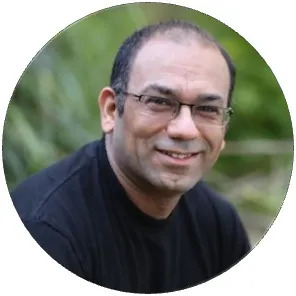
Dr Philip AbdelMalik | Moderation
Unit Head of Intelligence Innovation and Integration,WHO Hub for Pandemic and Epidemic Intelligence
Dr AbdelMalik is an epidemiologist and public health informatician, passionate about creative and cross-disciplinary ways to enhance public health practice and capacity. With over 20 years of experience in the health domain, he currently leads and manages an interdisciplinary team within WHO's Health Emergencies Programme, building and strengthening public health intelligence around the globe. This includes the flagship Epidemic Intelligence from Open Sources (EIOS) initiative which is a cornerstone of the WHO Hub for Pandemic and Epidemic Intelligence.
Prior to joining WHO, Dr AbdelMalik co-directed the Canadian Field Epidemiology Program and worked extensively with the Global Public Health Intelligence Network (GPHIN) at the Public Health Agency of Canada. Dr AbdelMalik holds a Ph.D. in Public Health Informatics awarded jointly by the Universities of Plymouth and Exeter in the UK, as well as a Master of Health Science (MHSc) in Epidemiology and Community Health and an Honours BSc with a specialization in Human Biology, both from the University of Toronto, Canada.
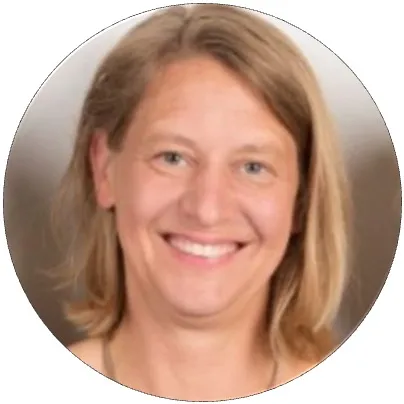
Dr Julia Fitzner | Moderation
Unit Head of Collaborative Analysis, WHO Hub for Pandemic and Epidemic Intelligence
Dr Julia Fitzner is a Medical Doctor and Epidemiologist. At the WHO Hub for Pandemic and Epidemic Intelligence, her work has focused extensively on enabling data reporting and analysis from different sources from around the world, covering the complete cycle from defining surveillance objectives, data collection, data harmonization, analysis, reporting, training, and evaluation.
Her passion is to enable the use of data so that it is least burdensome and most impactful for decisions outbreaks, epidemics, or pandemics.
WHO Hub for Pandemic and Epidemic Intelligence - Speaker Series
Co-hosted by the WHO Hub for Pandemic and Epidemic Intelligence (“WHO Hub”) and the Charité Center for Global Health, the Speaker Series is a regular event series, with in-person and digital elements targeting public health communities in Berlin, Germany and globally. The series aims to convene multidisciplinary and cross-sector discussions around challenges and emerging opportunities in global pandemic preparedness and response that stem from the complex nature of public health emergencies.
Started in 2022, the first season of the Speaker Series was themed around “Complexity of Pandemics” and convened six sessions to unpack the complexity of pandemics from the perspectives of human, animal and planetary health, social sciences, innovative technologies, data preparedness, open source, and climate change.
The second season was launched in 2024 under the theme of “Protecting the World: Moving Rapidly Together” to explore how to protect the world from future health emergencies through more rapid and collaborative approaches. Topics featured so far include leveraging diversity, contextual insights, and the role of research to enhance pandemic and epidemic intelligence.
Watch previous Speaker Series sessions
- Speaker Series N°1 - Securing Human, Animal and Environmental Health
- Speaker Series N°2 - Exploring Insights from the Social SciencesSpeaker Series N°3 - Leveraging Innovative Technologies
- Speaker Series N°4 - Working towards Data Preparedness
- Speaker Series N°5 - Embracing Open Source Solutions for Health Emergencies
- Speaker Series N°6 - Confronting climate-sensitive infectious diseases
- Speaker Series N°7 - A Laboratory for Collaboration: Leveraging Diversity for Better Decision-Making
- Speaker Series N°8 - Harnessing Contextual Insights for Better Public Health Intelligence
- Speaker Series N°9 – The Role of Research in Pandemic and Epidemic Intelligence
- Speaker Series N°10 – Translating Genomic Data into Public Health Actions
